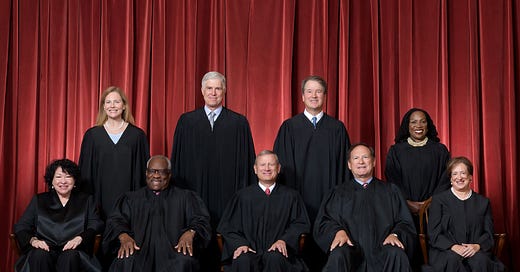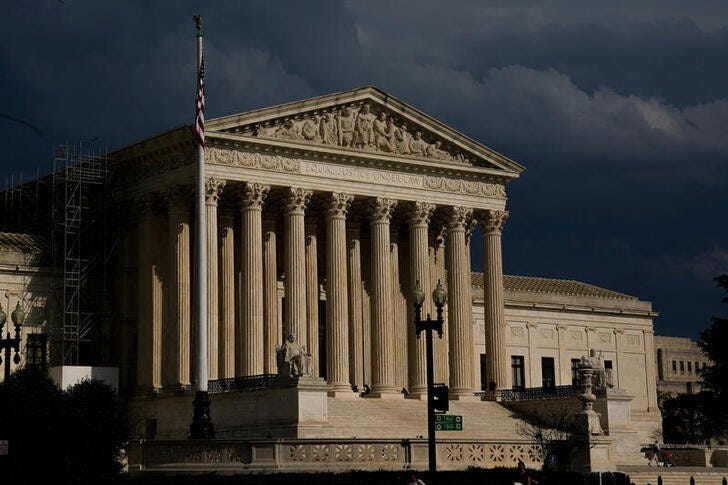US IRS Could Lose a Quadrillion Dollars, in Raising a $14729 Tax Demand: Matter Before SCOTUS
Supreme Court of United States Hears Moore vs. the United States: A Tax Dispute with Potentially Monumental Consequences.
Introduction
The United States Internal Revenue Service (IRS) faces a potentially devastating financial blow in a tax dispute involving a mere $14,729. The case, Moore versus the United States, has escalated to the Supreme Court and threatens to overturn a significant portion of the US Tax Code, potentially costing the IRS a staggering sum of a quadrillion dollars.
Background of the Case
In 2006, Charles and Kathleen Moore, a US citizen couple, made a modest investment in an Indian startup, KisanKraft Machine Tools ( KK). Despite the growth and reinvestment of profits by KisanKraft, the Moores received no dividends or distributions. However, under the 2018 "mandatory repatriation tax" from the Tax Cuts and Jobs Act, they were unexpectedly taxed on their share of KisanKraft's reinvested earnings, that remained with KK in India. This resulted in an additional tax demand of $14,729, which the Moores paid forthwith but subsequently sued for a refund, claiming a violation of the 16th Amendment.
Legal Argument and Implications
The Moores argue that the mandatory repatriation tax, taxing unrealized gains, is unconstitutional. Lower courts have disagreed, stating it is permissible under the 16th Amendment. If the Supreme Court sides with the Moores, it could not only invalidate the mandatory repatriation tax but also bring into question the constitutionality of a significant part of the US Tax Code. This would also potentially impact the rudimentary proposal of the so-called billionaire tax which is being mulled over poopoo by the Biden administration.
Potential for Widespread Impact
Various organizations have voiced concerns over the far-reaching implications of the case. The Cato Institute supports the Moores' position, suggesting the tax on unrealized gains is unconstitutional. Conversely, the American Tax Policy Institute warns of a potential cascade of tax refund claims and litigation, jeopardizing many tax provisions.
Political and Ethical Dimensions
The case has attracted attention beyond its financial implications. Former House Speaker Paul Ryan has criticized the lawsuit for potentially invalidating a large portion of the tax code. Additionally, ethical questions have arisen regarding Justice Samuel Alito's involvement, given his interactions with one of the Moore's lawyers, though Alito has refused recusal.
Conclusion: A Landmark Decision Awaited
As the Supreme Court deliberates on Moore v. United States, the ramifications of its decision extend far beyond the $14,729 in question. The case could redefine the understanding of 'income' under the 16th Amendment and has the potential to reshape the US tax system drastically. The decision, expected in summer 2024, will be closely watched for its impact on future tax legislation and the fiscal structure of the United States of America






